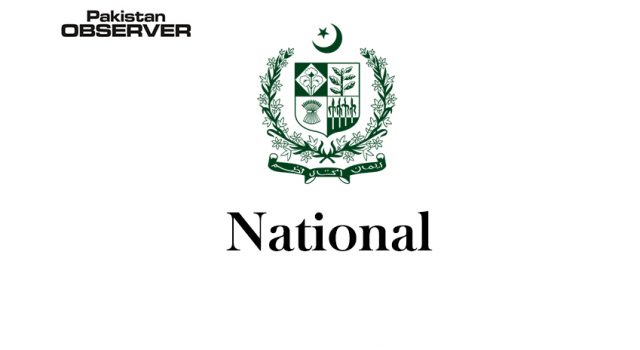In Pakistan, around 15 million people are in need of refractive and optical services. However, factors like access, affordability and availability of services have made it extremely difficult for most people, especially in rural area, to get their refractive errors corrected. This was revealed during a survey conducted recently.
A focused contribution from private and public sectors is required to cater this need. In this regard, an initiative called Improving National Systems in Pakistan for Integrated Action on Refractive Error (INSPIRE) has been launched by Sightsavers in collaboration with National Programme for Prevention and Control of Blindness and its provincial chapter, i.e., College of Ophthalmology and Allied and Vision Sciences (COAVS) Mayo Hospital Lahore.
According to the details, districts Sheikhupura and Multan from Punjab province are the target areas of the said project. “The five-year INSPIRE project will reach over a million people with eye health screening services at primary health care level while providing around 200,000 people with refractive and optical services,” disclosed Munazza Gillani, Country Director, Sightsavers, while sharing details of the initiative.
She further said that the Sightsavers, in collaboration with the COAVS, Lahore, has initiated the INSPIRE project to assist the development of a comprehensive approach to strengthening refractive and optical services in Pakistan. The project will also make a significant contribution to the effective scaling up of screening, refractive services and eyeglasses provision and will promote the integration of these approaches into government-led national programs.
Sightsavers in collaboration of COAVS will initiate an accredited opticianry course in Punjab province for the first time in the history of Pakistan to produce a qualified workforce of qualified and certified opticians to address the issue of unavailability of quality spectacles. As part of the implementation strategy, a stakeholder’s consultation was held in Lahore which was attended by representatives of Punjab health department, Program Implementation Unit of LHWs program, National coordinator of NCEH, DG COAVS, and representatives of Sightsavers.










